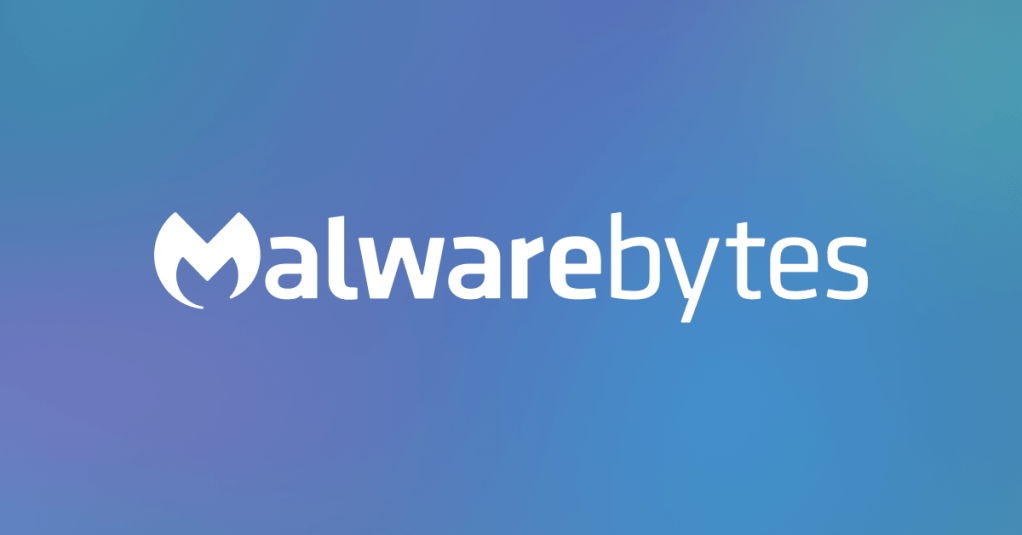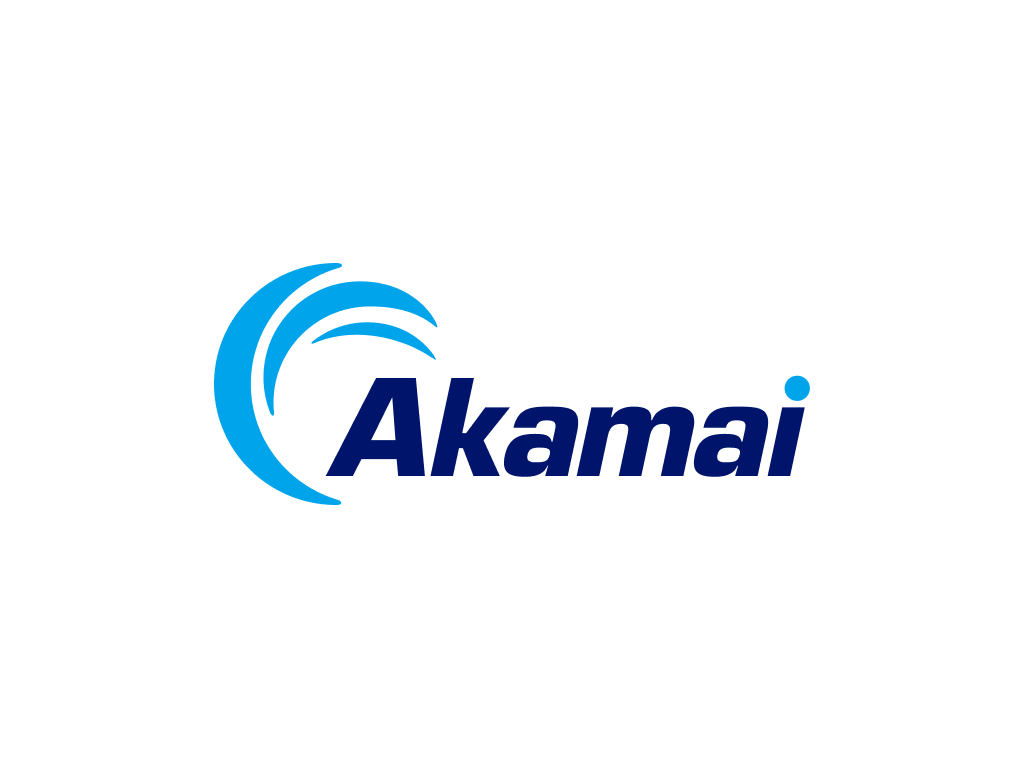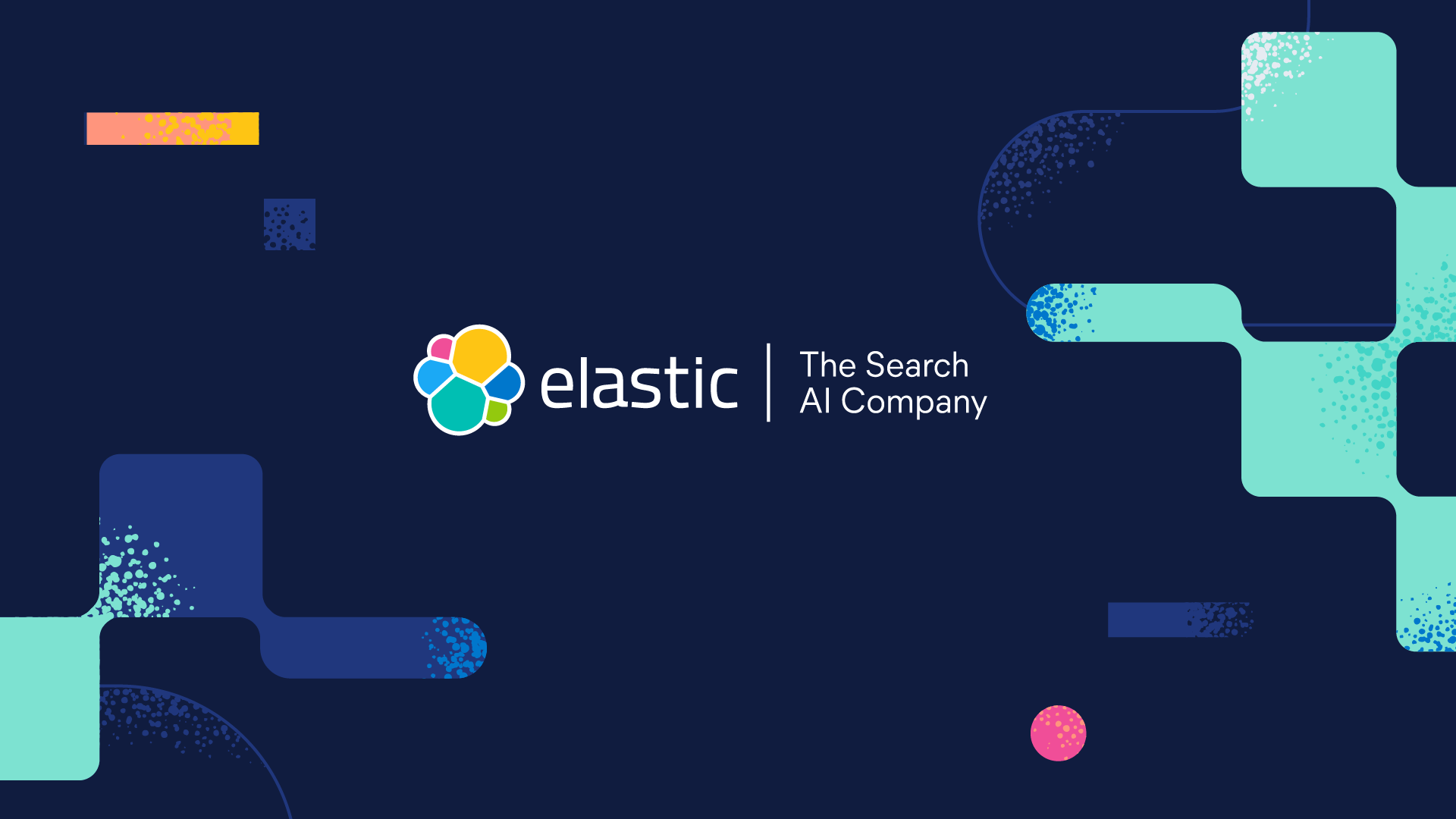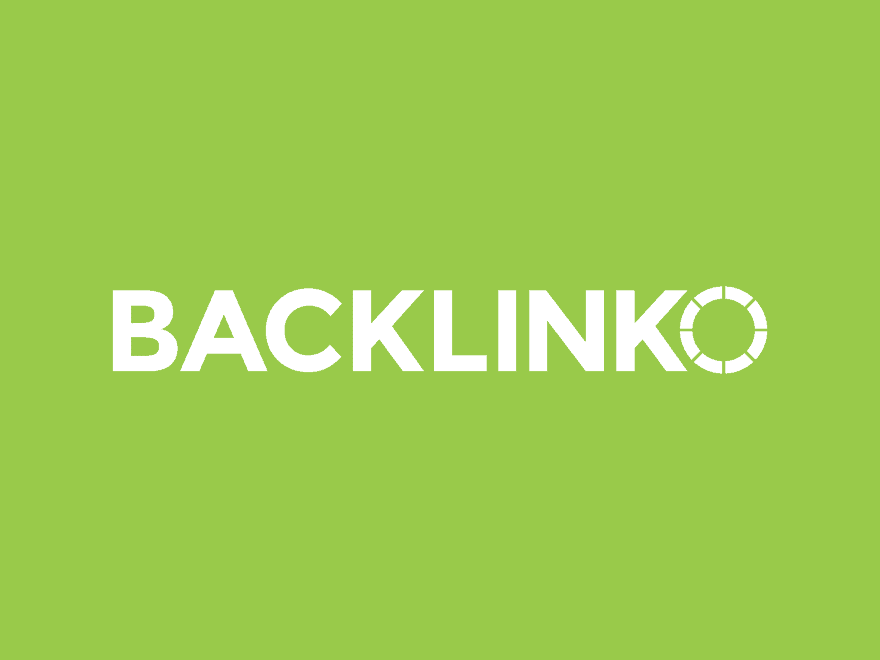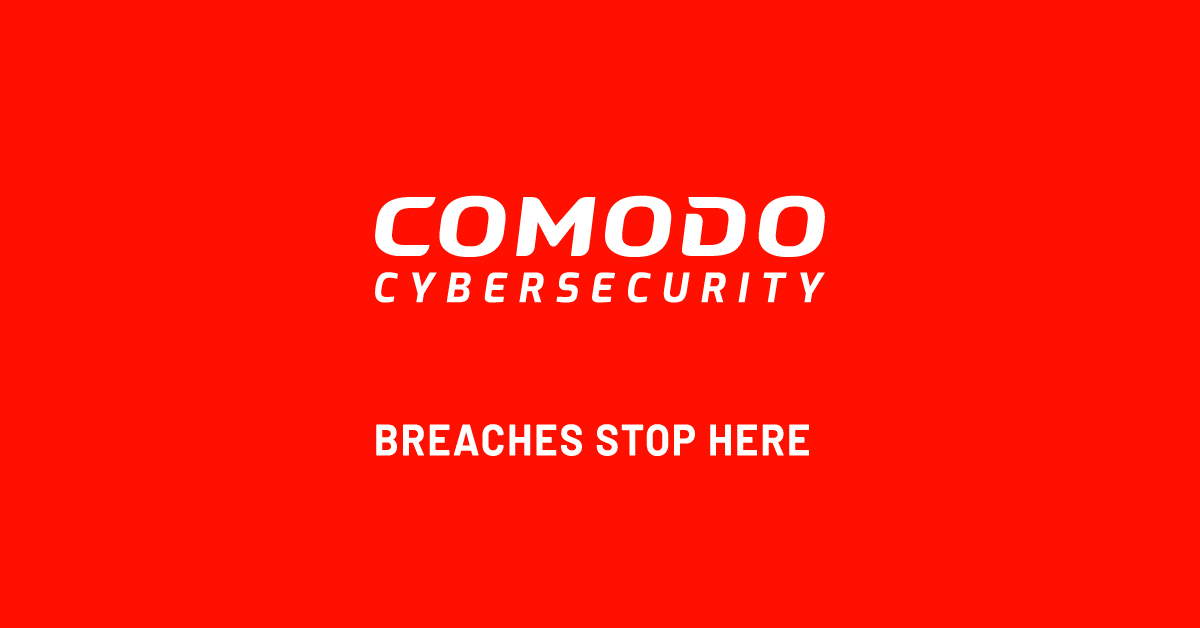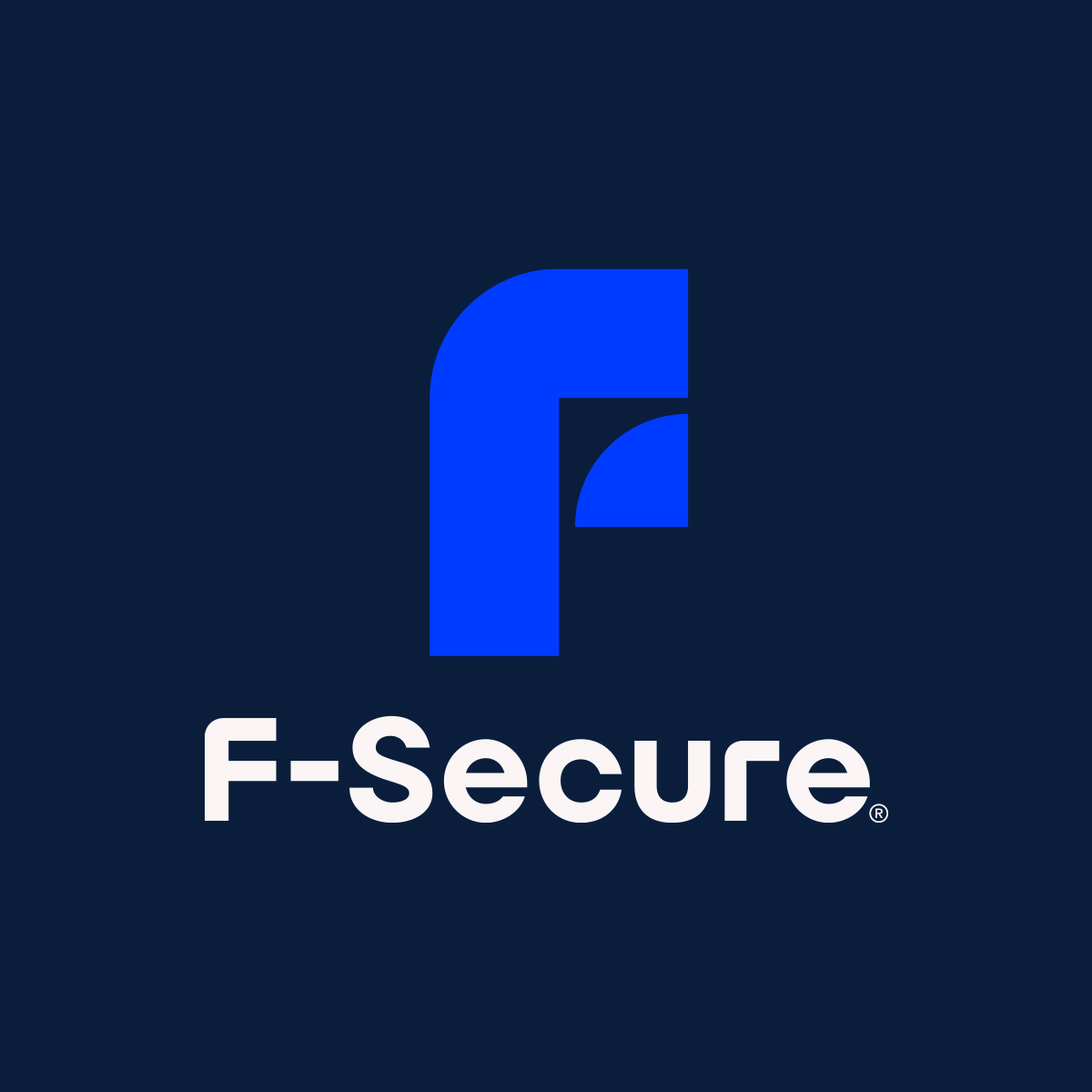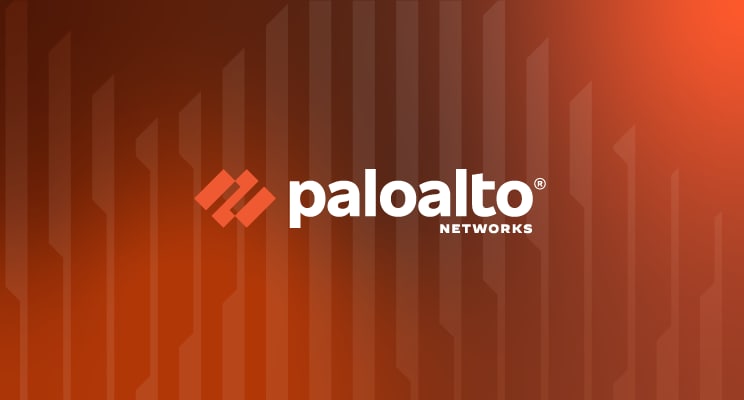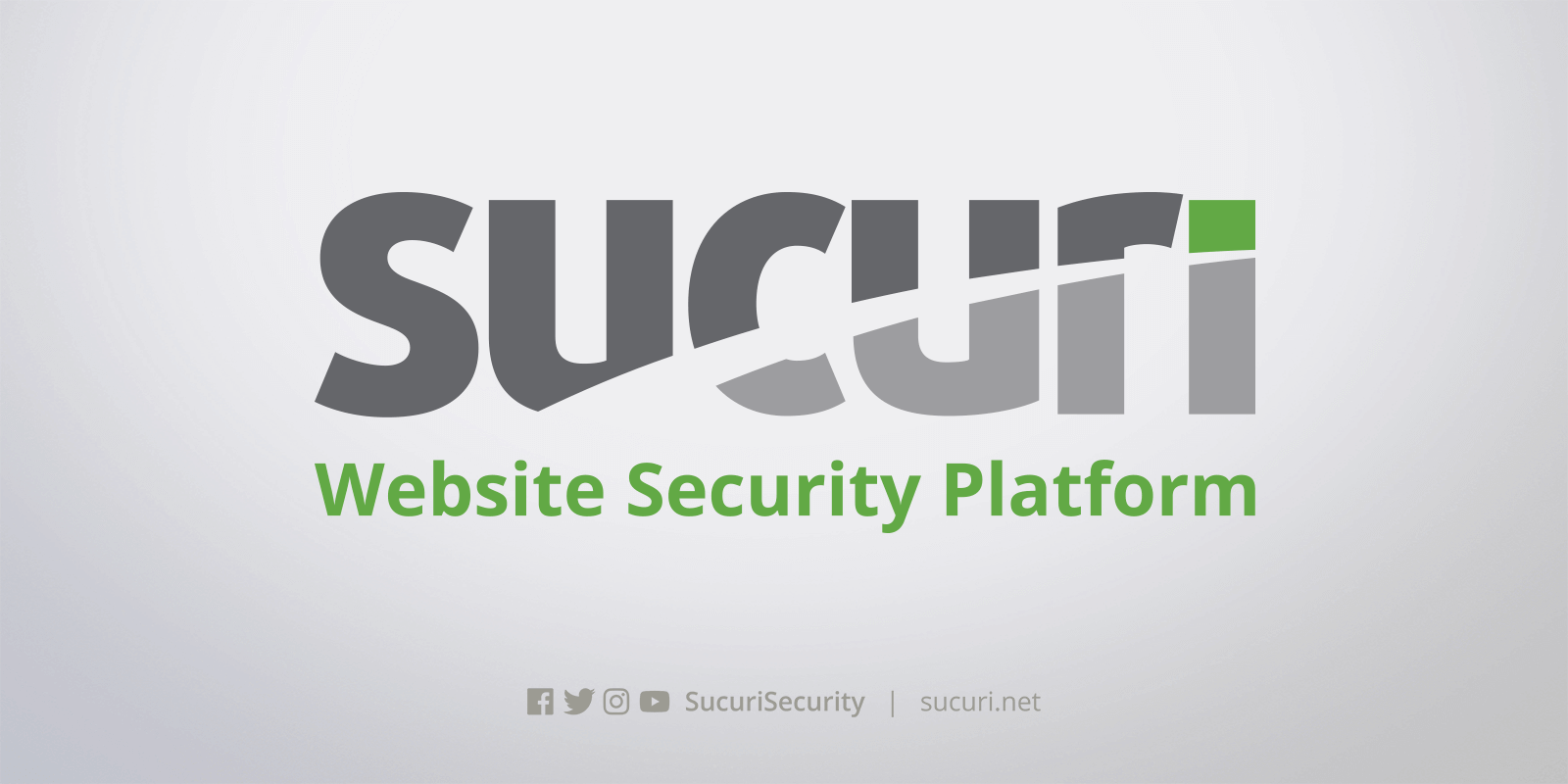Introduction
With the ever evolving threat landscape, it has become crucial for businesses to implement robust website security solutions. As companies continue moving their operations online and attackers step up their game, having reliable security measures is no longer optional. This list analyzes the leading security platforms across key criteria to help businesses select the right partner to safeguard their digital assets and activities in the new year.
Methods of Evaluation
To determine the top website security solutions, we evaluated each company based on features and capabilities, reputation in the industry, and quantifiable metrics like number of backlinks from authoritative sites, monthly website traffic, and keyword search trends. Backlinks provide an unbiased indication of a company’s online authority while traffic shows real user engagement. Keyword trends reveal interest levels in a particular solution. We also considered important factors like pricing, platform intuitiveness, and overall customer satisfaction ratings.
1. Cloudflare
Cloudflare is a web infrastructure and website security company that provides a content delivery network and DDoS mitigation. They launched in 2010 and are based in San Francisco. Cloudflare protects and accelerates any website online. Some key facts about Cloudflare include over 27 million Internet properties, servicing domains under management and counting.
Pros: Some key advantages of Cloudflare include:
– Very affordable and industry-leading web application firewall (WAF)
– Easy to setup and provides comprehensive protection without slowing down sites
– Enhances performance and delivers secure, fast and reliable websites
Cons: A potential disadvantage is that the free tier only provides basic protection and some advanced security features require paid plans.
Pricing: Cloudflare offers four pricing tiers – Free, Pro, Business, and Enterprise. Pricing starts at $20/month for the Pro tier which removes bandwidth caps and adds additional security and performance features compared to the free tier.
Some key statistics about Cloudflare include:
– Protects over 27 million Internet properties
– Serves more than 50 trillion requests per month
– Has data centers in over 200 cities worldwide
– Has 1000+ employees globally
2. IBM Cloud Internet Services
IBM Cloud Internet Services provides website security solutions like web application firewall, DDoS protection and content delivery network services. As one of the leading cloud providers, IBM offers a range of turnkey security and delivery services that businesses can rely on for their websites and applications.
Pros: Some key advantages of IBM Cloud Internet Services include:
– Turnkey security and delivery services from a known global tech brand
– Web application firewall to detect and block common exploits and attacks
– DDoS protection to safeguard websites from denial of service attacks
– CDN for faster site performance with caching and servers around the world
– Good integration with other IBM Cloud infrastructure services
Cons: A potential disadvantage is that IBM Cloud Internet Services solutions may be more expensive compared to other standalone WAF or CDN providers due to bundled services and the IBM brand name.
Pricing: Pricing for IBM Cloud Internet Services depends on usage but starts from $0.50 per million HTTP requests for the Lite WAF tier and $0.025 per GB for global CDN traffic. DDoS protection has baseline and premium plans starting from $500 per month. Contact IBM sales for customized quotes.
Some key stats about IBM Cloud Internet Services include:
– Protects over 5,000 websites globally
– Filters over 10 billion web requests daily
– Servers content to customers in over 200 countries
3. Symantec
Symantec is a cybersecurity leader that has been protecting organizations for over 30 years. Their flagship offering, Symantec Enterprise Cloud, is a comprehensive security platform that provides complete protection across enterprise endpoints, networks, cloud infrastructure and more.
Pros: Some key advantages of Symantec Enterprise Cloud include:
– Complete endpoint protection suite across clients and gateways
– Cloud infrastructure security services deliver constant resilience
– Advanced threat intelligence for targeted attack detection
Cons: One potential disadvantage is the complexity of managing security across hybrid cloud environments from a single console.
Pricing: Pricing for Symantec Enterprise Cloud varies based on the number of users and workload types protected. Generally it starts at around $3-$5 per user per month for basic endpoint protection and scales up to $15-$25 per user per month for full stack protection including servers, applications and cloud infrastructure.
Some key stats about Symantec Enterprise Cloud include:
– Protects over 50,000 organizations globally
– Monitors over 1 trillion threat events per day
– Offers security services for hybrid/multi-cloud environments including AWS, Azure, GCP and more
4. Sophos
Sophos is a global leader in next-generation cybersecurity. Founded in 1985, Sophos protects over 500,000 organizations and millions of consumers in more than 150 countries from today’s most advanced cyberthreats. Powered by threat intelligence, AI and machine learning from SophosLabs and SophosAI, Sophos delivers a broad portfolio of advanced products and services to secure users, networks and endpoints against ransomware, malware, exploits, phishing and the wide range of cyberattacks.
Pros: The main advantages of Sophos’ security solutions include:
– A cybersecurity suite that covers endpoints, networks and servers from one vendor
– Its AI and deep learning capabilities allow it to quickly detect both known and unknown malware
– Centralized management portal makes it easy to monitor and manage security across distributed locations and devices
Cons: One potential disadvantage is that as a full suite of products, it can be more costly than best-of-breed or open source alternatives for some individual needs.
Pricing: Sophos offers flexible pricing options including annual subscriptions and flexible term licenses. Pricing depends on the number of endpoints/users and specific products included in the bundle. Contact Sophos sales for a customized quote.
Some key stats about Sophos’ offerings:
– Protects over 500,000 organizations globally
– Detects both known and unknown malware using AI and machine learning
– Centralized management for distributed environments with endpoints, networks and servers covered
5. McAfee
McAfee is a leading cybersecurity company that provides endpoint, network and cloud security solutions to protect individuals and businesses. Founded in 1987, McAfee focuses on developing all-in-one security solutions using the latest technologies like artificial intelligence and deep learning. Its popular consumer products include McAfee Total Protection and McAfee LiveSafe.
Pros: The key advantages of McAfee’s security solutions include: – Endpoint, network and cloud security solutions in one platform – Advanced sandboxing examines apps for malicious behavior – 24/7 global security research and cross-product threat intelligence
Cons: One potential disadvantage is that McAfee solutions can be on the more expensive side compared to some competitors. The premium pricing is due to its robust, all-in-one security capabilities across multiple devices and platforms.
Pricing: McAfee’s consumer security products like McAfee Total Protection and McAfee LiveSafe are available with monthly or annual subscriptions. Pricing starts at around $100 per year for a single device. Additional devices and longer term subscriptions are available at discounted rates. McAfee also offers flexible payment plans and discounts for multi-year subscription bundles.
Some key stats and facts about McAfee include: – Over 600 million users globally protected – Threats blocked: Over 1 billion malware threats per month – Rated No. 1 in channel effectiveness by Forrester – Named a Leader in the 2022 Gartner Magic Quadrant for Endpoint Protection Platforms
6. Malwarebytes
Malwarebytes is a cybersecurity software company that offers multi-layered protection against malware, ransomware and other online threats. Founded in 2008, Malwarebytes has grown to serve both home users and businesses worldwide. Its anti-malware software provides proactive protection through antivirus, anti-exploit and behavioral detection technologies to quickly find and remove infections with minimal system impact.
Pros: Key advantages of Malwarebytes’ security software include:
– Proactive anti-exploit and antivirus capabilities that block known threats
– Behavioral protection that isolates and instantly removes previously unseen threats
– Simple and intuitive user interface that has minimal system performance impact
Cons: A potential disadvantage is that the free basic version only provides on-demand scanning rather than real-time protection requiring an upgrade to a paid plan.
Pricing: Malwarebytes offers both free and paid plans for home and business users. The free basic version allows manual on-demand scans. Paid ‘Premium’ plans start from $39.99/yr for home users and provide ongoing real-time protection.
Some key stats about Malwarebytes include:
– Over 1 billion downloads of its consumer products
– Used by over 60,000 business organizations worldwide
– Protects PCs, Macs, Android and iOS devices
– Rated as a ‘Strong Performer’ in anti-malware protection by independent testers
7. Akamai
Akamai offers a suite of website security software and edge services to keep business websites safe from threats. As the leading cloud delivery platform, Akamai has thousands of servers located around the world to optimize website performance, reliability and security. Their focus on edge computing helps inspect traffic close to end users before it ever reaches websites.
Pros: Key advantages of Akamai’s website security offerings include:
– Protection from DDoS attacks and bot traffic through distributed edge network
– Advanced web application firewall to filter malicious traffic and inspect HTTPS sessions
– Always up-to-date threat intelligence to detect the latest hacking techniques and malware strains
– Global scalability and uptime through massively distributed edge computing architecture
Cons: One potential disadvantage is the cost may be higher compared to some competing solutions due to Akamai’s massive scale and expertise in edge computing.
Pricing: Pricing varies based on features and usage but typically starts at several thousand dollars per month. Akamai offers free trials and consultations to evaluate your specific needs.
Some key stats about Akamai include:
– Serving over 30% of all web traffic globally each day
– Operating in over 135 countries worldwide
– Filtering over 25 trillion threats daily across their global network
8. Elastic
Elastic is a search and analytics company best known for its Elasticsearch and Kibana products. Elasticsearch is a free and open distributed search and analytics engine, while Kibana is an open source data visualization plugin for Elasticsearch. Together they provide the core components of the Elastic Stack, which allows users to effectively store, search, analyze, and visualize large volumes of data including logs, metrics, and documents.
Pros: Some key advantages of Elastic products include: – Scalable and distributed architecture allows for handling massive amounts of data. – Built-in SIEM capabilities in Elasticsearch and Logstash for security information and event management. – Kibana provides powerful data visualization and analytics capabilities. – Endpoint security plugins allow for centralized malware detection and response. – Built-in application security modules for OWASP monitoring and protection.
Cons: One potential disadvantage is that the Elastic Stack requires DevOps knowledge to fully utilize all of its capabilities and hence may have a steeper learning curve compared to some other options.
Pricing: Elastic offers both commercial and open source licensing for its products. The open source versions of Elasticsearch, Logstash, and Kibana are free to use. Commercial licenses with additional features like security, performance, and support plans start at $500/month.
Some key stats about Elastic products include: – Elasticsearch is used by over 70,000 companies including Intel, IBM, Cisco, and Splunk. – The Elastic Stack collects and analyzes over 30 petabytes of data daily for customers. – New users can try Elasticsearch for free on up to 500MB of data.
9. Backlinko
Backlinko is an all-in-one SEO tool created by Brian Dean to help build high-quality backlinks. Founded in 2015, Backlinko utilizes various techniques to build contextual, natural backlinks to help boost websites in search engine rankings.
Pros: Some key advantages of using Backlinko include:
– Comprehensive backlink building strategies and tools
– Detailed guides and training on best practices for SEO
– Link building tools to automate outreach and track progress
– Popular blog with in-depth case studies and tutorials
– Affordable pricing plans for businesses and agencies
Cons: One potential disadvantage is that backlinks may take time to build and index, so results from link building may not be immediate.
Pricing: Backlinko offers the following paid plans on an annual or monthly basis:
– Starter Plan – $97/mo or $867/year
– Growth Plan – $197/mo or $1,767/year
– Elite Plan – $347/mo or $3,117/year
Some key stats about Backlinko include:
– Over 500,000 users globally
– Featured on major publications like Entrepreneur, Business Insider, Forbes
– Consistently ranks websites on the first page for thousands of keyword phrases
10. Fortinet
Fortinet delivers comprehensive and integrated security solutions through its FortiOS operating system powered by the Fortinet Security Fabric platform. The Fortinet Security Fabric takes a centralized approach to security by combining broad and integrated security capabilities including SD-WAN, firewalling, VPN, antivirus, web filtering, sandboxing, SSL inspection and more into a single operating system.
Pros: Some key advantages of Fortinet’s solutions include: – Unified security platform with firewall, IPS, sandboxing and more – Single management pane reduces complexity and costs – Extensive marketplace of third-party integrations including over 300 partners
Cons: One potential disadvantage is that Fortinet appliances may have a steeper initial cost compared to some competing products due to the breadth of security functions integrated into one platform.
Pricing: Fortinet offers flexible pricing models including both perpetual and subscription licensing. Pricing depends on the specific product lineup and features needed. Appliance form factors range from small businesses up to data center deployments. Support and services are also available as add-ons.
Some key stats about Fortinet include: – Over 500,000 total customers worldwide including 92 of the Fortune Global 100 – Secures over 3,000,000 networks – More than 1 million customers have migrated from competing vendors – Consistently achieves 99.9% threat catch rate for known threats in independent analyst testing
11. Comodo
Comodo is a leading provider of cybersecurity solutions, including endpoint protection, SSL certificates and malware scanning solutions. Founded in 1998, Comodo provides web security, endpoint detection and response (EDR), and certificate authority services for both commercial and enterprise use.
Pros: Some key advantages of Comodo’s security solutions include:
– Multi-layered web security through integrated web application firewall (WAF) and bot management features
– Endpoint protection, EDR and antivirus capabilities provide comprehensive endpoint visibility and control
– Intuitive central management console allows for complete visibility and control over all protected devices and networks
Cons: One potential disadvantage is that Comodo’s commercial plans and pricing can be more expensive compared to some other competitors in the cybersecurity space. Advanced features and support for larger deployments command higher prices.
Pricing: Comodo offers both free and paid security solutions. Free individual and home user options provide basic antivirus and firewall protection. Commercial plans start at around $50 per year for 5 devices and scale up based on number of endpoints and desired feature set.
Some key stats about Comodo’s security solutions include:
– Protects over 200,000 customers worldwide across 150 countries
– Over 1 billion malware scans performed daily
– Over 55 million SSL certificates issued to date
12. F-Secure
F-Secure is a security software company based in Helsinki, Finland. They have been providing cyber security solutions since 1988. Their flagship consumer product is F-Secure SAFE, an all-in-one security solution that includes antivirus, firewall, webcam protection, ransomware protection and more. It is available on Windows, Mac, Android and iOS devices.
Pros: Some key advantages of F-Secure SAFE include:
– Comprehensive protection across multiple device types with a single subscription.
– Lightweight solution that has minimal impact on system performance.
– Detects threats in real-time using AI models.
– Web filtering and monitoring tools to enhance online safety.
Cons: One potential disadvantage is that the user interface may not be as intuitive or visually appealing as some competitors. However, the core security features are very strong.
Pricing: F-Secure SAFE pricing starts from $39.99 per year for a single device. There are also family plans available that support up to 10 devices from $69.99 per year.
Some key stats about F-Secure SAFE include:
– Over 30 years of experience in cyber security.
– Protects over 100 million devices worldwide.
– Uses artificial intelligence models to identify new threats.
– Wins numerous awards and recommendations from review sites.
13. Palo Alto Networks
Palo Alto Networks is a cybersecurity company known for its next-generation firewalls and comprehensive enterprise security solutions. Founded in 2005, Palo Alto Networks has over 35,000 customers globally and protects tens of thousands of networks from cyber threats. Their firewalls use AI and machine learning to analyze applications, URLs, files and malware with WildFire threat analysis.
Pros: Some key advantages of Palo Alto Networks products include:
– Next-generation firewalls use AI-powered WildFire threat analysis to catch known and unknown threats
– Provide critical infrastructure protection across OT, IoT and IIoT networks
– Offer comprehensive visibility and policy controls through a single software-defined security platform
Cons: One potential disadvantage is the higher upfront and maintenance costs compared to traditional firewall vendors due to technology investments in AI, cloud and software.
Pricing: Palo Alto Networks offers a variety of purchase and subscription options depending on network size and product line. Pricing can range from tens of thousands per year for entry-level next-generation firewalls to over $500,000 annually for large enterprise deployments with multiple next-gen firewalls, cloud security subscriptions, professional services and support.
Some key stats about Palo Alto Networks include:
– Protected over 75,000 networks worldwide
– Analyzed over 6.5 trillion daily security events with AI
– Blocked over 100 billion applications automatically
– Identified over 250 million malware variants with WildFire
14. Sucuri
Sucuri is a website security platform dedicated to protecting websites and applications from malware, hackers and other threats. Founded in 2009 and based in Austin, Texas, Sucuri provides security, protection and monitoring solutions to over 80,000 customers globally. Their web application firewall, malware scanning and monitoring tools help businesses of all sizes secure their websites and keep customers safe online.
Pros: Some key advantages of Sucuri include:
– Dedicated to website security and malware protection
– Comprehensive protection from malware, hackers and suspicious activity
– Regular patching and updates keeps sites secure
– Fast malware cleanup and removal within minutes
– Web application firewall and intrusion detection system
Cons: One potential disadvantage is that advanced customization and configuration options are limited in the basic plans, which may not be suitable for very large websites or corporates.
Pricing: Sucuri offers several pricing plans starting from their Free plan up to their Enterprise plan for larger businesses. Pricing ranges from $6-40 per month depending on the number of sites, features and support required.
Some key stats about Sucuri include:
– Over 80,000 customers globally across 150+ countries
– Protects over 500,000 domains
– Scans over 10 billion web requests daily for malware
– Automated scanning of websites catches and cleans malware within minutes
15. OpenDNS
OpenDNS is a leading cloud-based network security provider that protects organizations from cyber threats. The company aims to make the internet safer and more accessible for all by providing threat prevention, parental controls, and performance optimization across devices.
Pros: Key advantages of OpenDNS include:
– Internet resolver to block malware and phishing websites
– Additional security against ransomware and botnets
– Compatible with home/office router for easy setup
– Robust reporting and dashboard for network visibility
Cons: One potential disadvantage is that full protection requires configuration at the network and DNS level, which may require technical expertise for some organizations.
Pricing: OpenDNS offers both free and paid plans. The free plan provides basic threat protection. Commercial plans starting at $2 per user per month provide additional features like advanced filtering, threat indicators, and 24/7 support.
Some key stats about OpenDNS include:
– Over 25 billion internet queries processed daily
– Protects over 50 million networks worldwide
– Blocks over 150,000 phishing sites and 500,000 malware sites daily
Conclusion
While no single solution is perfect for every organization, the options highlighted in this list represent some of the most dependable choices for businesses of all sizes looking to protect their websites, applications and online operations in 2023. Regularly reviewing available security tools and staying up to date on the latest threats is key to maintaining a robust defense posture in today’s digital world.








